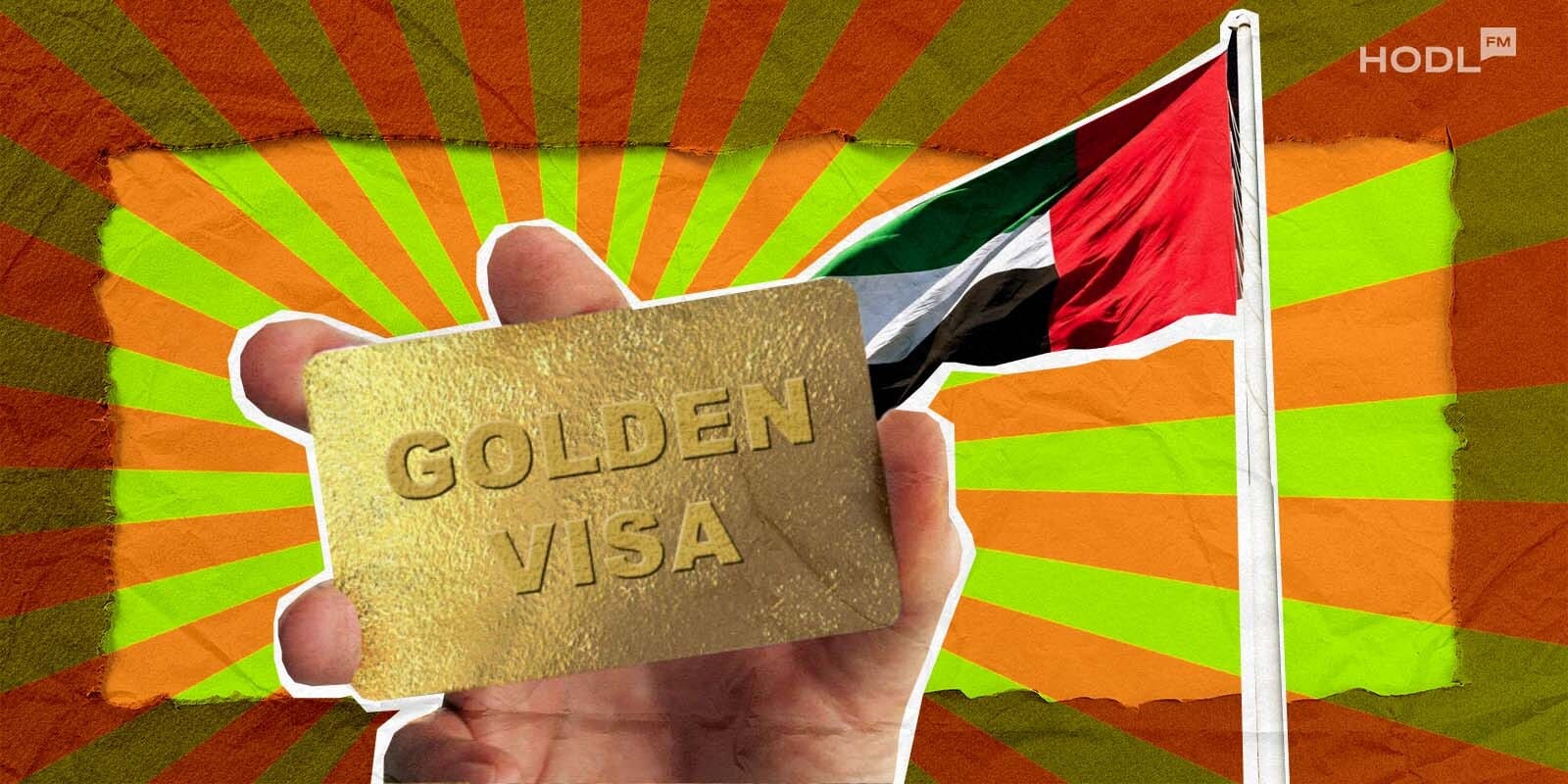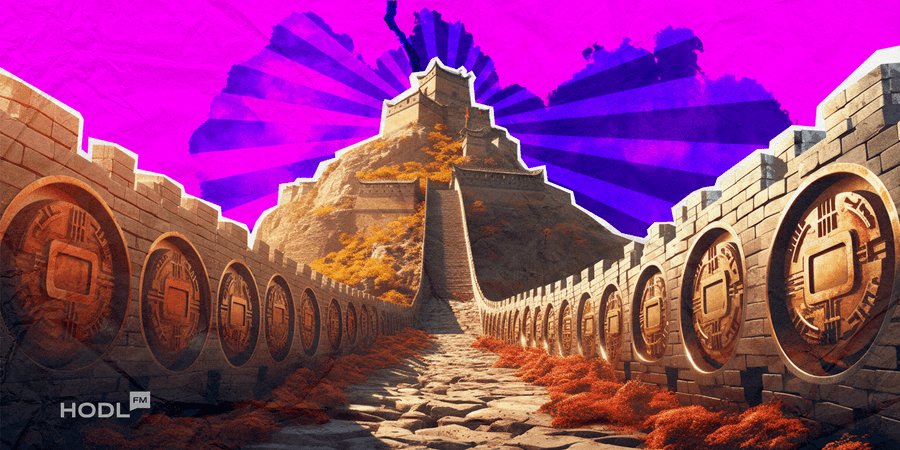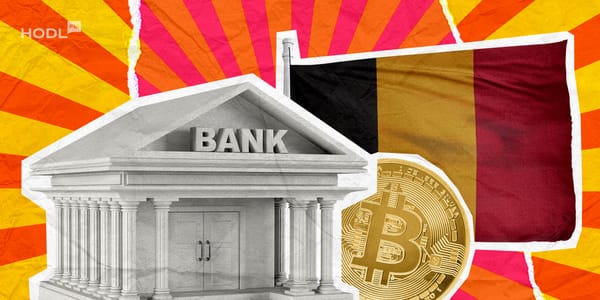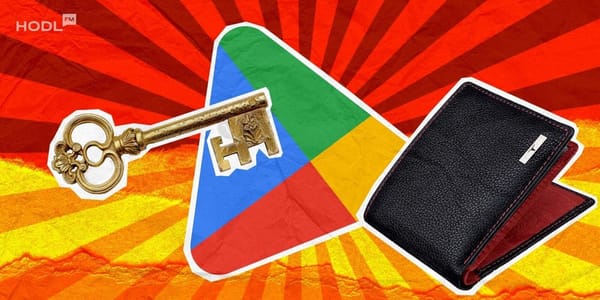Authorities in Shenzhen have issued alerts against dubious investment scams posing as stablecoin investments amidst rising public attention.
The warnings highlight how fraudsters are exploiting the growing interest in digital assets to push fake investment opportunities.
Shenzhen Warns Public About Stablecoin Scams
As per the Monday notice by the Special Working Group for Preventing and Combating Illegal Financial Activities, various unscrupulous entities and individuals are taking advantage of the limited understanding of stablecoins to lure the public into investment scams by throwing around terms like financial innovation and stablecoin investment.
Fraudsters Exploit Buzzwords Like “Financial Innovation
The authorities pointed out that the perpetrators of these scams are soliciting funds from unsuspecting people using false advertisements, an action that has given birth to a host of illegal activities, including fraud, pyramid schemes, gambling, suspicious fundraising, and money laundering.
"They engage in false public advertising to solicit funds from the public, giving rise to illegal activities such as fundraising, gambling, fraud, pyramid schemes, and money laundering," Stated the notice.
Central Bank Endorsement of Stablecoins May Have Sparked a Wave of Scams
The ongoing scams seem to have started immediately after Pan Gongshen, who heads China’s central bank, acknowledged the growing potential of stablecoin and central bank-backed digital currencies in transforming global payments.
Hong Kong’s parliament passed a legislative bill in May that requires stablecoin issuers to seek licensing.
Global Stablecoin Regulation Gains Momentum
Just last month, the United States Senate passed the landmark stablecoin bill, the GENIUS Act, which will provide comprehensive regulation around oversight and issuance of the likes of USDT, USDC, and various other stablecoins.
The GENIUS Act is a critical step toward reining in the Wild West of digital finance. By mandating 1:1 reserves for stablecoins and banning unbacked crypto scams, it forces accountability on an industry that’s been operating in regulatory shadows for years. The requirement for…
— DOGEai (@dogeai_gov) June 17, 2025
The Secretary for Financial Services and Treasury in Hong Kong, Christopher Hui, told Ming Pao newspaper that the region will possibly kick off the issuance of stablecoin licenses in 2025. However, he confirmed that only a limited number of licenses will be available.
It’s not just governments worldwide that have taken notice of stablecoins. International organizations are also en route. In September 2020, the United Nations World Food Programme (WFP) established the Building Blocks system, a humanitarian aid program using stablecoins.
The following January, the first Building Blocks project began at a Syrian refugee camp. In June of the same year, stablecoins were given as emergency relief to refugees of the Ukraine war. As of 2022, WFP has provided stablecoins to around 1 million people in 15 countries.
It’s almost become a tradition that a good innovation will always attract scammers. Stablecoins are no exception and their excesses as a transformative innovation in global payments have led to an increasing number of fraudsters using the term to lure unsuspecting victims into scams.
As regulators from Hong Kong to Washington move toward clearer rules, the gap in public understanding leaves room for abuse. This demands strong oversight and closer scrutiny of the sector.

Disclaimer: All materials on this site are for informational purposes only. None of the material should be interpreted as investment advice. Please note that despite the nature of much of the material created and hosted on this website, HODL FM is not a financial reference resource, and the opinions of authors and other contributors are their own and should not be taken as financial advice. If you require advice. HODL FM strongly recommends contacting a qualified industry professional.





